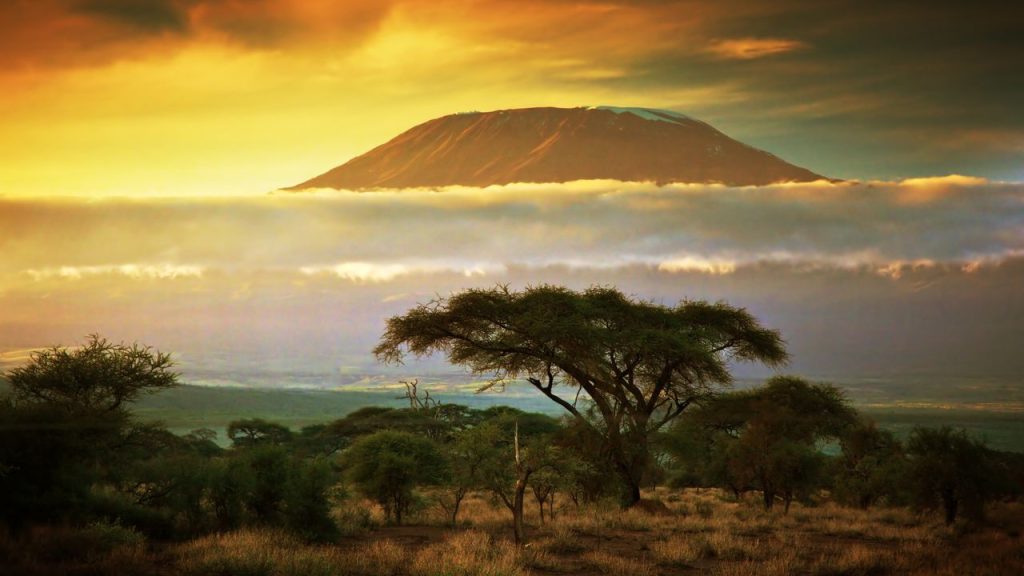Historical Sites in Africa: Preserving the Legacy of Ancient Civilizations
Africa, often referred to as the cradle of humanity, is a continent rich in history and cultural heritage. From the ancient pyramids of Egypt to the rock-hewn churches of Ethiopia, Africa is home to numerous historical sites that bear witness to the greatness of past civilizations. These sites not only hold immense historical significance but also serve as a reminder of the continent’s rich and diverse heritage.
The Historical Significance of African Sites
Africa’s historical sites offer a glimpse into the achievements and advancements of ancient civilizations. These sites provide valuable insights into the lives, cultures, and traditions of the people who lived thousands of years ago. They allow us to understand the historical context in which these civilizations thrived and the impact they had on the development of human society.
One such site is the Great Pyramid of Giza in Egypt, one of the Seven Wonders of the Ancient World. Built as tombs for the pharaohs, these pyramids showcase the architectural brilliance and engineering skills of the ancient Egyptians. The pyramids also hold religious and spiritual significance, reflecting the beliefs and rituals of the time.
Another remarkable site is the ancient city of Carthage in Tunisia. Once a powerful trading empire, Carthage played a crucial role in Mediterranean history. The ruins of Carthage reveal the city’s grandeur and its strategic importance in ancient times. The site offers a unique opportunity to explore the remains of temples, theaters, and other structures that were once part of this thriving civilization.
Preserving Africa’s Historical Heritage
Preserving Africa’s historical sites is of utmost importance to protect and promote the continent’s cultural legacy. These sites face numerous challenges, including natural deterioration, urban development, and looting. Efforts are being made by governments, organizations, and local communities to ensure the preservation and conservation of these invaluable treasures.
One such initiative is the UNESCO World Heritage Sites program. Several African historical sites, such as the Rock-Hewn Churches of Lalibela in Ethiopia and the Island of Gorée in Senegal, have been recognized and protected under this program. This designation not only raises awareness about the historical significance of these sites but also provides financial support for their conservation and maintenance.
Local communities also play a vital role in preserving Africa’s historical heritage. In many cases, these communities have been living near these sites for generations and have developed a deep connection to their history and culture. By involving local communities in the preservation efforts, their knowledge and expertise can be utilized to ensure the long-term sustainability of these sites.
Exploring Africa’s Historical Sites
Visiting Africa’s historical sites is a journey through time, offering a unique and immersive experience. From the ancient ruins of Zimbabwe to the rock art of Tassili n’Ajjer in Algeria, there is a wealth of historical sites waiting to be explored.
One must-visit site is the Great Zimbabwe, an ancient city that was once the capital of the Kingdom of Zimbabwe. The stone structures at this site provide evidence of a sophisticated society that thrived between the 11th and 15th centuries. The Great Zimbabwe is a testament to the architectural prowess and economic prosperity of the civilization that built it.
For those interested in ancient Egypt, a visit to the Valley of the Kings is a must. This burial site of pharaohs and nobles is home to intricately decorated tombs, including the famous tomb of Tutankhamun. Exploring the Valley of the Kings allows visitors to delve into the mysteries of ancient Egyptian beliefs and rituals surrounding death and the afterlife.
As we continue to uncover Africa’s rich historical past, it is crucial to remember the importance of preserving these sites for future generations. By understanding and appreciating the historical significance of Africa’s ancient civilizations, we can gain a deeper understanding of our shared human heritage.

